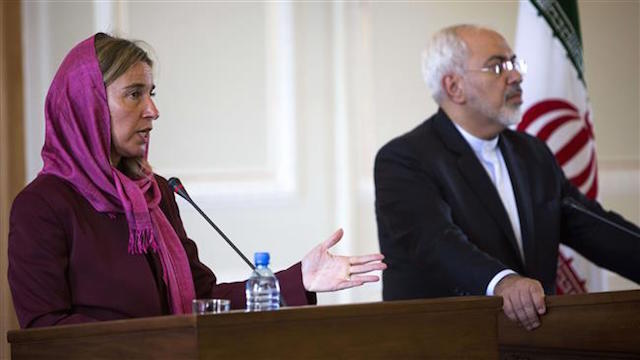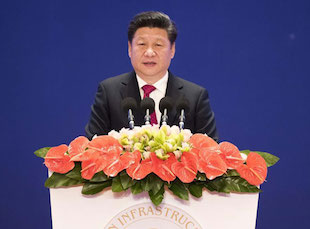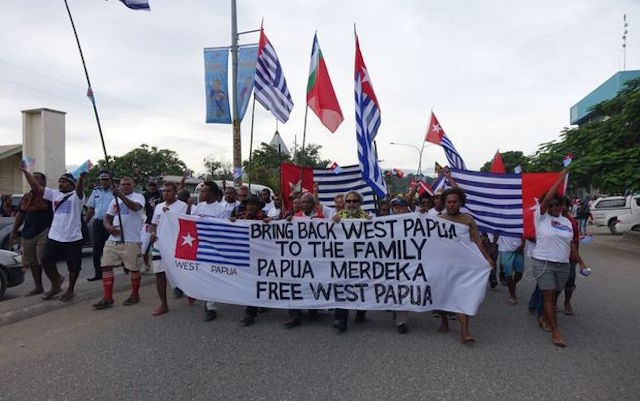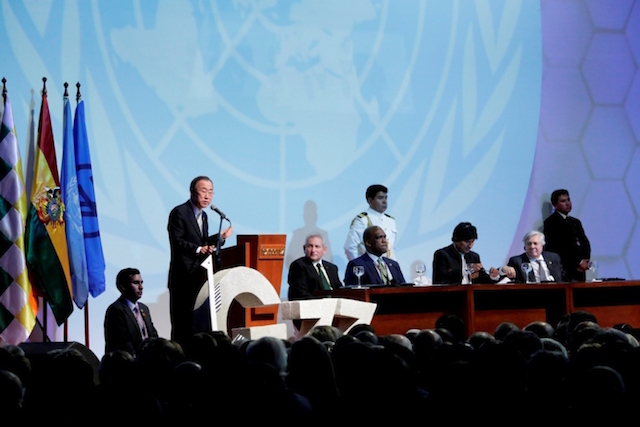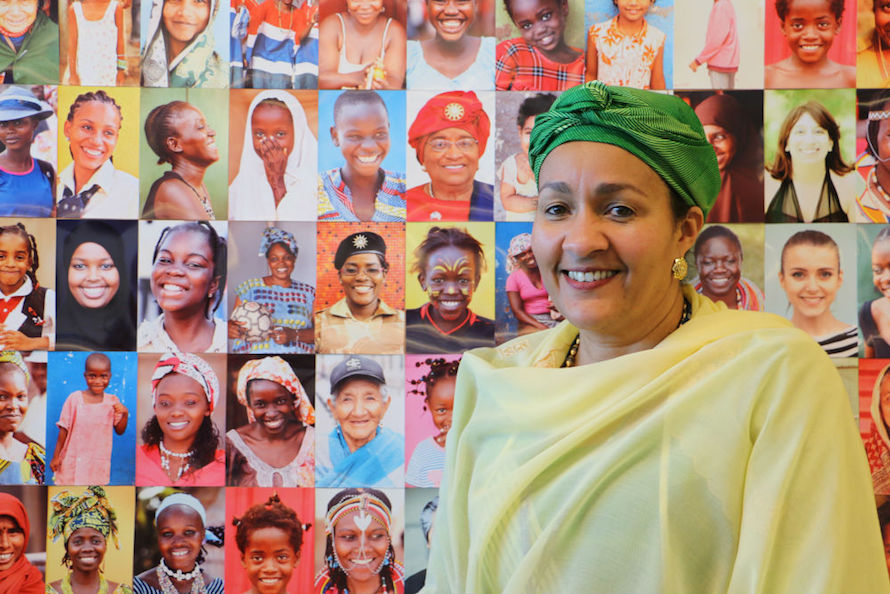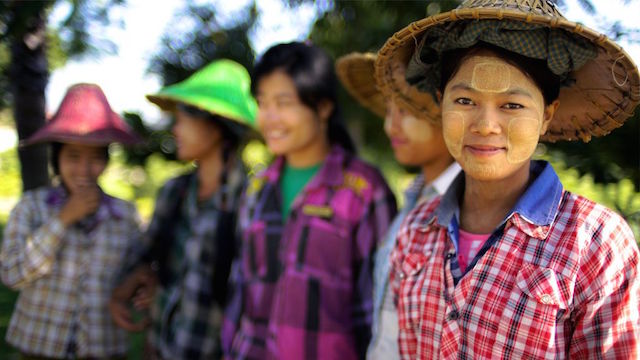An Interview by Africa Renewal’s Kingsley Ighobor*
In this exclusive interview, the United Nations Secretary-General’s former special adviser on post-2015 development planning, Amina Mohammed, talks about the evolution of the process, the commitments made, the challenges ahead, and why the goals, if implemented, could transform the world.
Africa Renewal (AR): What were the lessons learned from the Millennium Development Goals (MDGs) and how did they shape the Sustainable Development Goals (SDGs)?
Amina Mohammed (AM): With the MDGs, we only addressed the symptoms. We didn’t really address the root causes of such development challenges as gender inequality, lack of access to clean water and the insufficiencies of health services. We’ve learned through this experience that having a set of goals directs people to discuss, create partnerships and find investments to execute plans. We’ve also learned to agree on the means of implementation. With the MDGs, we agreed to finance them after the goals were adopted, so we were always running after the money. This time, finance is part of the package.

